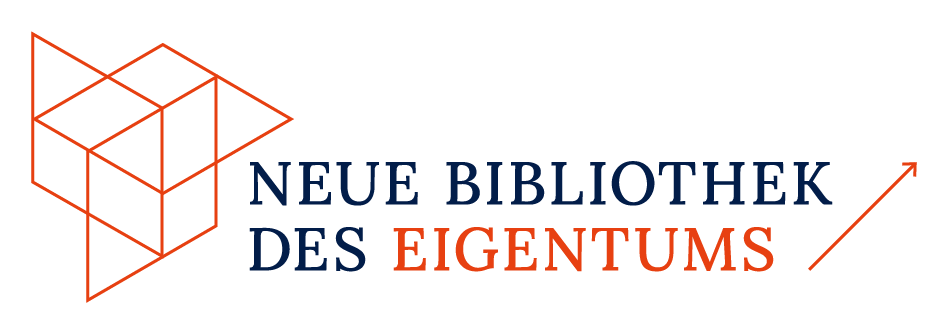Blowing in the wind turbines
The energy sector is not only an exciting object of study for engineers and climate researchers, but also holds relevance for sociologists. After all, the discourse around renewable energy is not limited to technical and economic issues of the decarbonization of the energy system, but also includes issues of societal acceptability and broader dynamics of socio-technical transformation such as contested visions of desired futures. In this regard, the German energy transition repeatedly raises questions of ownership of renewable energies, which can be critically discussed using wind energy as an example.
The use of wind energy emerged from a bottom-up process, a counter-design to the fossil fuel-based and centralized power generation. In Germany, coming from the anti-nuclear movement of the 1970s, the (already existing) technology for wind turbines was embedded in a new social context, in which new actors strove for a rethinking of energy policy along with a decentralization and democratization of economic structures. This pursuit gave rise to cooperative projects, for example, in the form of citizen energy projects and energy cooperatives. However, since the beginning of the 2000s and spurred by the Renewable Energy Sources Act (Erneuerbare Energien Gesetz), these niche actors have been increasingly flanked by other, more powerful actors. Currently, heterogeneous actors are involved in the expansion of wind energy such as energy cooperatives, municipal utilities, large energy companies, investment management corporations, banks, farmers, landowners, municipalities, and project companies. With growing competition, these actors are trying to retain or expand their access to wind and profit from its conversion into electricity. This raises two questions: Who is profiting from the access to the energetic use of the wind? And how is this access regulated?
This subject can be approached by asking “Who owns the wind?”. This question is fairly quickly answered: According to German law, wind counts as a commons (Gemeinschaftsgut), meaning that it is a good that cannot be owned by anyone but accessed by everyone, without any social or legal restrictions in relation to its use. In theory, this implies that every person has access to its use. In practice, however, in order to harness the kinetic energy of the wind, one needs both capital-intensive technology and a piece of land on which to install it, as David McDermott Hughes argues. This means that although wind is a commons, access to its energetic potential is limited by access to monetary resources, technology, and land.
While monetary resources usually enable access to technology, access to suitable land poses a greater hurdle. State and government agencies in particular prove to be crucial gatekeepers in this regard for granting access to wind energy development. They command vast tracts of land as, for example, in the case of the Federal Maritime and Hydrographic Agency (Bundesamt für Schifffahrt und Hydrographie), which controls the distribution of land use along the German coast. In addition, government agencies develop regulatory regimes that set the institutional frameworks for renewable electricity generation, and thereby intentionally or unintentionally contribute to advantaging (or disadvantaging) different actors in the field of energy. Some argue that current institutional frameworks create a disadvantage for smaller players, such as community energy projects. In particular, the auction-based support system for wind energy development introduced by the reform of the Renewable Energy Sources Act in 2017 has been criticized for favoring large companies in renewable energy development, as the approval procedures require high upfront investments, especially with regard to offshore wind farm development.
In addition to the question of access to the use of wind, further consideration of state regulations also raises questions about their impact on the expansion of wind energy in general. While wind energy is understood to be a ‘renewable’ and thus ‘sustainable’ resource, we are finding that with a growing expansion of wind energy, this is no longer entirely the case. As soon as the kinetic energy is extracted from wind by a turbine, the efficiency of neighboring downwind turbines is decreased, a phenomenon known as the wake effect. Due to the need for more electricity from renewable energy sources, the density of wind parks in Germany is increasing, and thus the distance between individual parks is decreasing. This means wake effects can now be observed and measured not only within wind parks themselves, but also between individual wind parks. Accordingly, the phenomenon of wake effects of one park can reduce the efficiency of a neighboring one. With an increased wind farm density on- and offshore, the estimated wind energy potential of individual wind sites is also impaired. Regulatory frameworks play a crucial rule here in ensuring the efficiency of wind energy use and thus the coverage of electricity demand by non-fossil energy sources in Germany.
Wind, which is ephemeral, not delineable, and unstorable, requires governance arrangements of access and withdrawal—in this case the withdrawal of kinetic energy—in order to be harnessed in a sustainable and efficient way. Otherwise, the common “ownership” of wind results in a degree of exploitation that is suboptimal on an aggregate scale, which means that the full potential of “wind harvest” on a national or even international scale cannot be realized. Accordingly, some actors are calling for more coherent and coordinated spatial planning, in particular in the case of offshore wind energy, where questions of international cooperation also arise. Furthermore, in terms of social sustainability, the distribution of costs and benefits of “wind harvesting” is crucial for the societal acceptability of wind energy projects. Maybe it is therefore not so much the question, “Who owns the wind?” but rather, “Who profits from the wind?”.
Acknowledgements: we would like to thank for commenting on an earlier version of the blog post and in particular for suggesting the catchy title as well as the SFB blog team for their suggestions how to improve the general understandability of the text.
